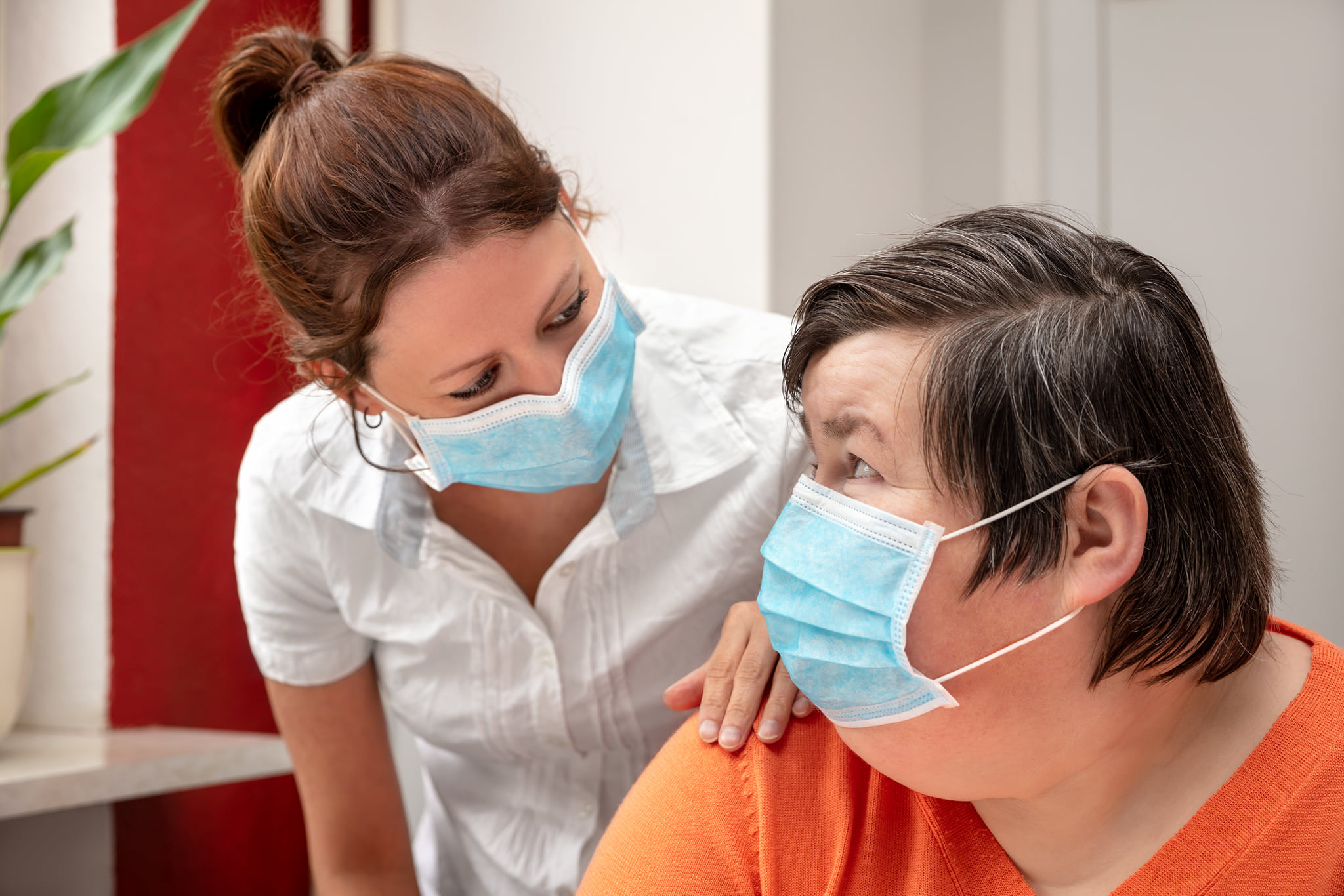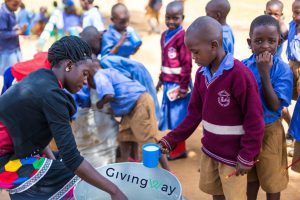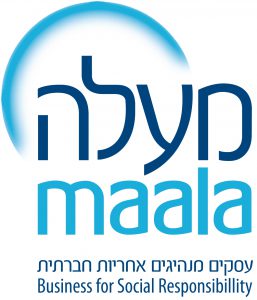Partnership for the Goals


Home » Partnership for the Goals » SDG 17-To Beat COVID19, Together is Better
SDG 17-To Beat COVID19, Together is Better
Recognizing the benefits of cross-border shared practices in dealing with social service challenges particularly exacerbated by COVID19, Israel’s Ministry Labor and Social Affairs recently issued a compilation of what it considers the country’s best practices during the first wave. The 60-page, English-language document covers a broad range of issues, including: senior citizens, domestic violence, children at risk, people with disabilities and community activity.
of what it considers the country’s best practices during the first wave. The 60-page, English-language document covers a broad range of issues, including: senior citizens, domestic violence, children at risk, people with disabilities and community activity.
Preparation of the document emerged from the initial pandemic reality: countries acting both internally and reaching out to one another – in the spirit of SDG 17 – in their search for the best ways to overcome not only the health struggle, but also the socio-economic areas it compounded. In this context, Israel has regularly fielded inquiries from international organizations, foreign embassies and colleagues across the globe.


The country’s approach in handling social service challenges during the coronavirus crisis is nicely summed up by the document: “step out of our comfort zones, make adjustments to our daily lives, and learn new concepts and tools: from exponential growth to social distancing, from Zoom to the Teams, Meet and Hangout apps.” Particularly as some of the concepts addressed are uniquely Israeli, the booklet invites readers to reach out directly to the professionals involved to further their dialogue.
Meanwhile, the persistent virus continues to exact a socio-economic toll; according to recent reports, there has been a 76% rise in social service inquiries in Israel. Furthermore, the absence of an approved national budget has been holding up the transfer of millions of shekels from the Social Affairs Ministry to NGOs for items destined for the needy (especially as the September Jewish holidays approach).
Furthermore, Israel’s civil society organizations continue to find themselves navigating uncertain waters. This, despite the fact that the government has made resources totaling NIS 300 million available for NGO use since the beginning of the pandemic – including a recent NIS 100 million allocation.
No group has been more vocal on the issue than the Israeli Civic Leadership Association the umbrella organization of the country’s NGOs. The organization’s efforts to strengthen the resilience of civil society organizations include calls to government to increase funding, appoint a special project director and exempt NGOs from municipal taxes.
A July poll conducted by Civic Leadership among 200 NGOs indicates that the crisis has negatively affected the ability of 40% to provide social services. A third of these have frozen their activities; others are considering a work stoppage. This is not a reality to be taken lightly, of course: the activities of these vital social services partners account for 5.4% of the GDP, about half-a-million employees (14% of the economy’s salaried workers) and an additional 500,000 volunteers. Recent government allocations point to a recognition of their importance going forward.
Related articles


SDG 17- GivingWay to Something Bigger than Yourself
Partnership for the Goals Volunteerism is one of the hottest trends today. For proof, one need look no further than the GivingWay website, boasting over


SDG 17- Maala – Paving the Way for CSR
Partnership for the Goals SDG 17- Maala – Paving the Way for CSR “Tikkun Olam” or “Repairing the World” isn’t just a catch phrase for


SDG 17- Advancing Environmental, Social & Corporate Governance
Partnership for the Goals As consumer preference for socially driven brands has grown in recent years, businesses are increasingly expected to positively impact the world


















